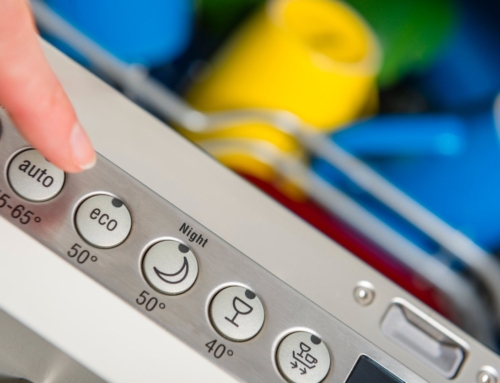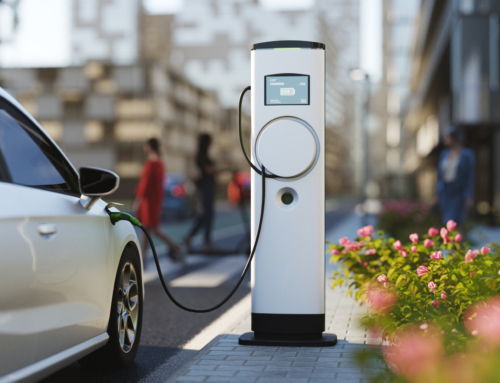Propane and natural gas are two gas fuels commonly used for cooking and heating. While many people see it as propane vs natural gas, the gasses are similar in many ways. However, they also have a number of important differences as well. One major difference is in the way they are distributed. In most countries, natural gas is delivered to residential, commercial and industrial structures through a network of pipes. Propane, on the other hand, is usually sold in tanks that come in a wide range of sizes. Both fuels are highly efficient when used for cooking and can be used in the same stoves with a few minor adjustments.
Is Propane Natural Gas
In the propane vs natural gas debate, people often wonder if propane is natural gas. The answer is no. Propane is derived from petroleum. It’s produced through a distillation process and is available as both a liquid and a gas. In fact, some people called propane liquefied petroleum gas or LPG. Propane can be stored in its liquid form at room temperature, but it must be under pressure.
Natural gas is mostly methane. Sometimes butane, propane, ethane, pentane, and other gases are involved in the refining process. It usually remains a gas from the time it is produced until it is used. However, tanker vessels that combine high pressure with extremely cold temperatures can transport natural gas as a liquid referred to as liquefied natural gas or LNG.
The Difference Between Propane And Natural Gas
Another common question in the propane vs natural gas comparison is, how are propane and natural gas different? The two products differ in several ways. First, natural gas is made mostly of methane, while propane is made from petroleum and natural gas. Propane is distributed using tanks while natural gas is distributed through an advanced mass-distribution model that utilizes a system of underground utility pipes.
Stoves that use natural gas are primarily found indoors, while grills and stoves burning propane are usually restricted to outdoor use. That because while burning both natural gas and propane produces carbon monoxide fumes, natural gas is lighter and its fumes rise and dissipate into the air. The heavier propane fumes fill the room from the ground up and frequently cause carbon monoxide poisoning when it is used indoors or in areas that are poorly ventilated.
Energy Per Unit
Another point of comparison in the propane vs natural gas competition is the amount of energy each one produces per unit. In this comparison propane is the clear winner. It produces 2.5 times the usable energy from one unit compared to natural gas. Plus, when propane from a tank enters a stove, it does so at twice the pressure at which natural gas from a pipe is delivered. While both types of gases can be used in the same stove, the stove must be checked by a technician and undergo a conversion process to properly manage the new fuel’s pressure. The stove’s orifice must be replaced and adjusted and each burner must be adjusted as well, for the stove to function safely.
Propane Versus Natural Gas Performance
When it comes to how well each gas performs when it is used for cooking or baking, drying clothing in a clothes dryer and heating a residential, commercial or industrial structure, there is very little, if any, discernable difference. The food cooks just as well as and the structure gets just as warm whether you use propane or natural gas. For some its just a matter of convenience. Using propane for cooking and heating means you have to replace or refill your tank regularly, whereas with natural gas all you have to do is pay your utility bill each month and the gas will keep on coming.
Propane VS Natural Gas Cost
Cost is one area where there is a significant difference between propane and natural gas. Natural gas comes directly from nature. It just has to be cleaned and used. Propane is one of the hydrocarbons that is cleaned out of natural gas. Propane is essentially a byproduct of natural gas. It is made from equal parts of natural gas processing and the refining of petroleum. When it comes to cost, propane is a lot more expensive to buy than natural gas. In fact, propane costs more than 5 times as much as natural gas. So in the propane versus natural gas comparison, the cost is a big win for natural gas.
Alternative Fuel For Automobiles
When it comes to being used as an alternative fuel to power automobiles, both compressed natural gas or CNG and propane, aka liquid petroleum gas(LPG,) are good candidates. Vehicles equipped with special tanks or bi-fuel cars can use either gas. Automobiles that run on natural gas tend to cost more because of the larger, heavier tanks they require. However, those costs are recouped because of the money saved on fuel costs due to compressed natural gas’ low price. CNG is a popular choice for busses, taxis, utility company vehicles and other automobiles that drive lots of miles each day.
Storage And Transportation
The propane vs natural gas debate also looks at how difficult it is to liquefy, store and transports these two gasses. At -46 degrees Fahrenheit propane becomes a liquid. Held under pressure, it remains a liquid even when temperatures are much higher. This makes propane easy to store and transport in portable steel tanks. Once the pressure is released, it becomes a gas capable of being used for cooking and heating.
Natural gas usually needs to be compressed for it to be easily stored or transported. It’s commonly stored as either compressed natural gas or liquefied natural gas. As CNG, it can be stored in tanks under extremely high pressure and used for heating and cooking. Special care is required because of the small risk of an explosion. Cooled to -260 degrees Fahrenheit, natural gas becomes a liquid called LNG. Large amounts of it can be placed into special insulated tanks and stored or transported. Because of the complexity and danger associated with this, propane has an advantage when it comes to storage and transportation.
How Can This Benefit You And The Planet?
Understanding the uses for, and differences between natural gas and propane are, of course, useful information, but the true value of this information is the way that they can help you and the environment. Here at Spring Power & Gas, we offer a variety of energy plans, giving our customers the option to choose the plan that best fits their needs. This provides anyone with an interest in using natural gas as a heat/energy source for their homes or lifestyle with an option that lets them enjoy the benefits of gas use while encouraging environmentally conscious outcomes of their energy use.
Please take a look at all that Spring Power & Gas has to offer today!




![Top 11 Sustainable Building Practices for Eco-Homes [Plus 5 Sustainable Materials]](https://springpowerandgas.us/wp-content/uploads/2023/02/iStock-181062267-500x383.jpg)

